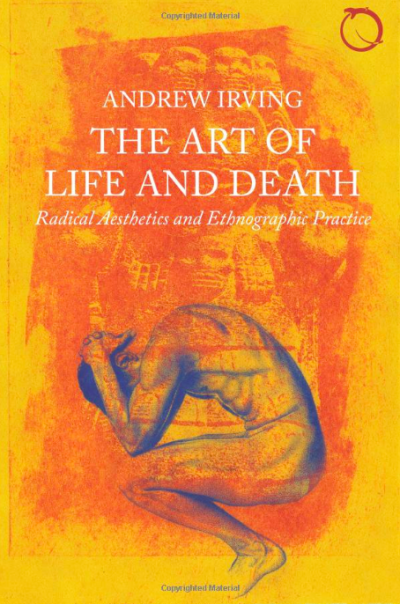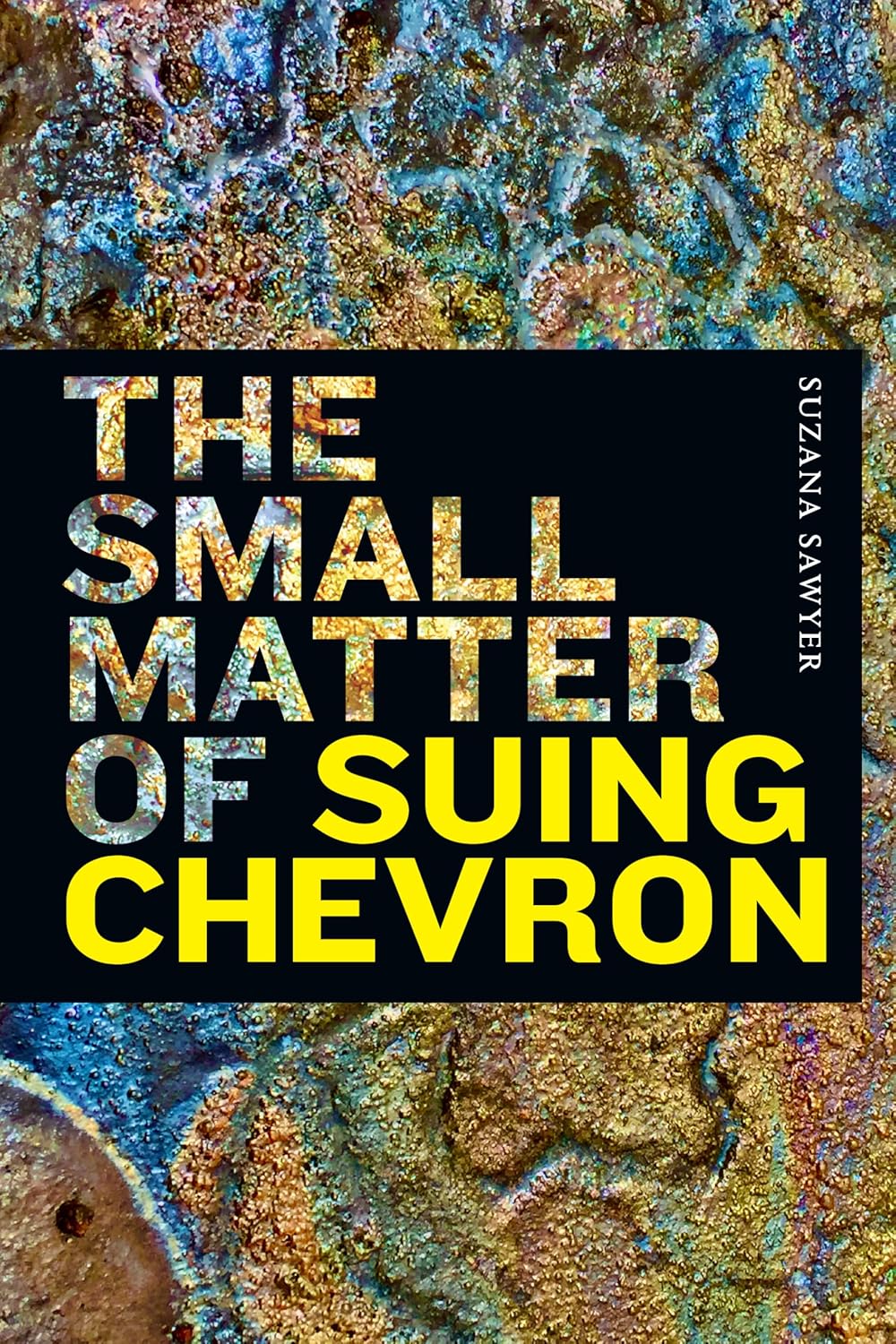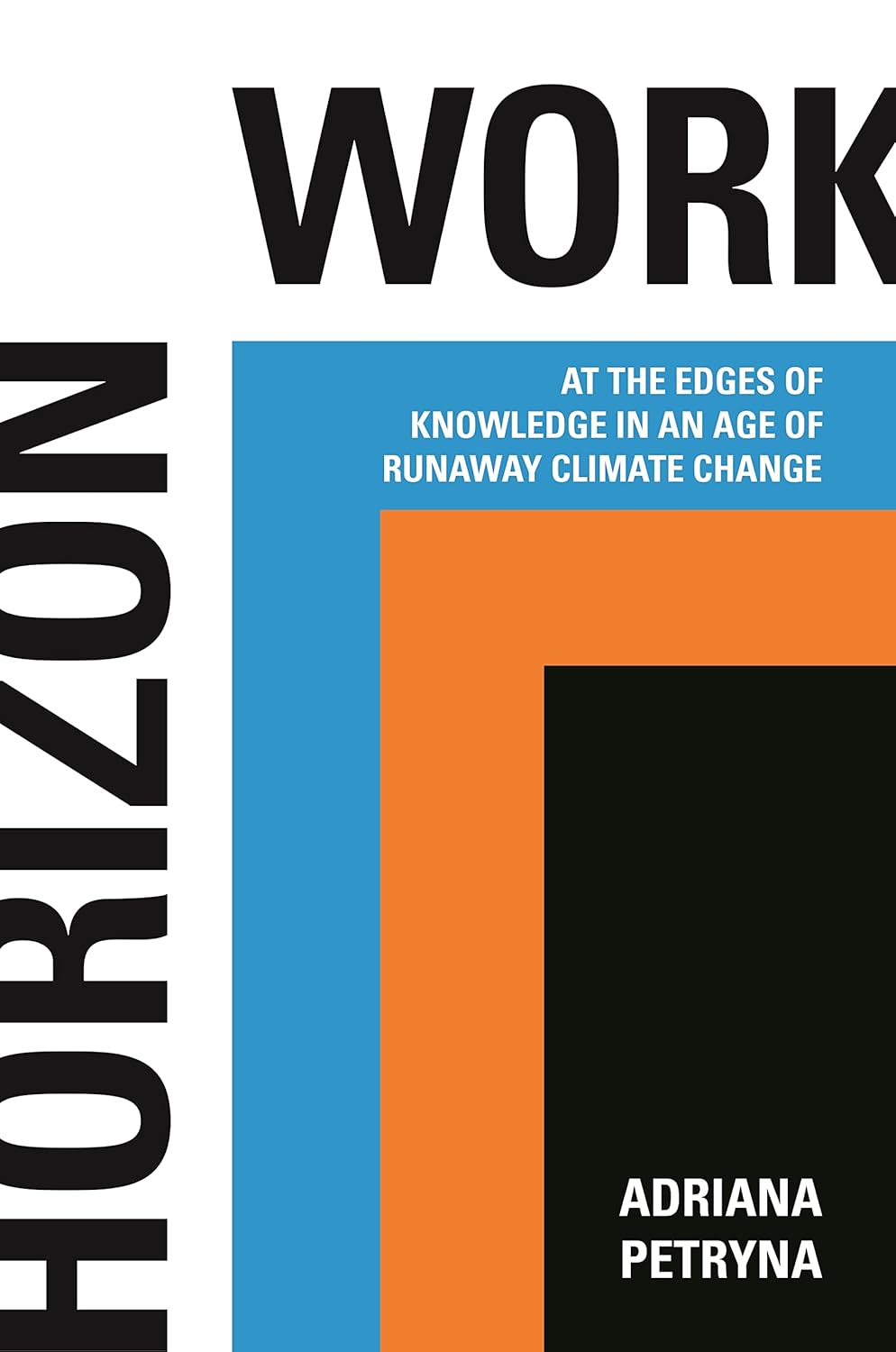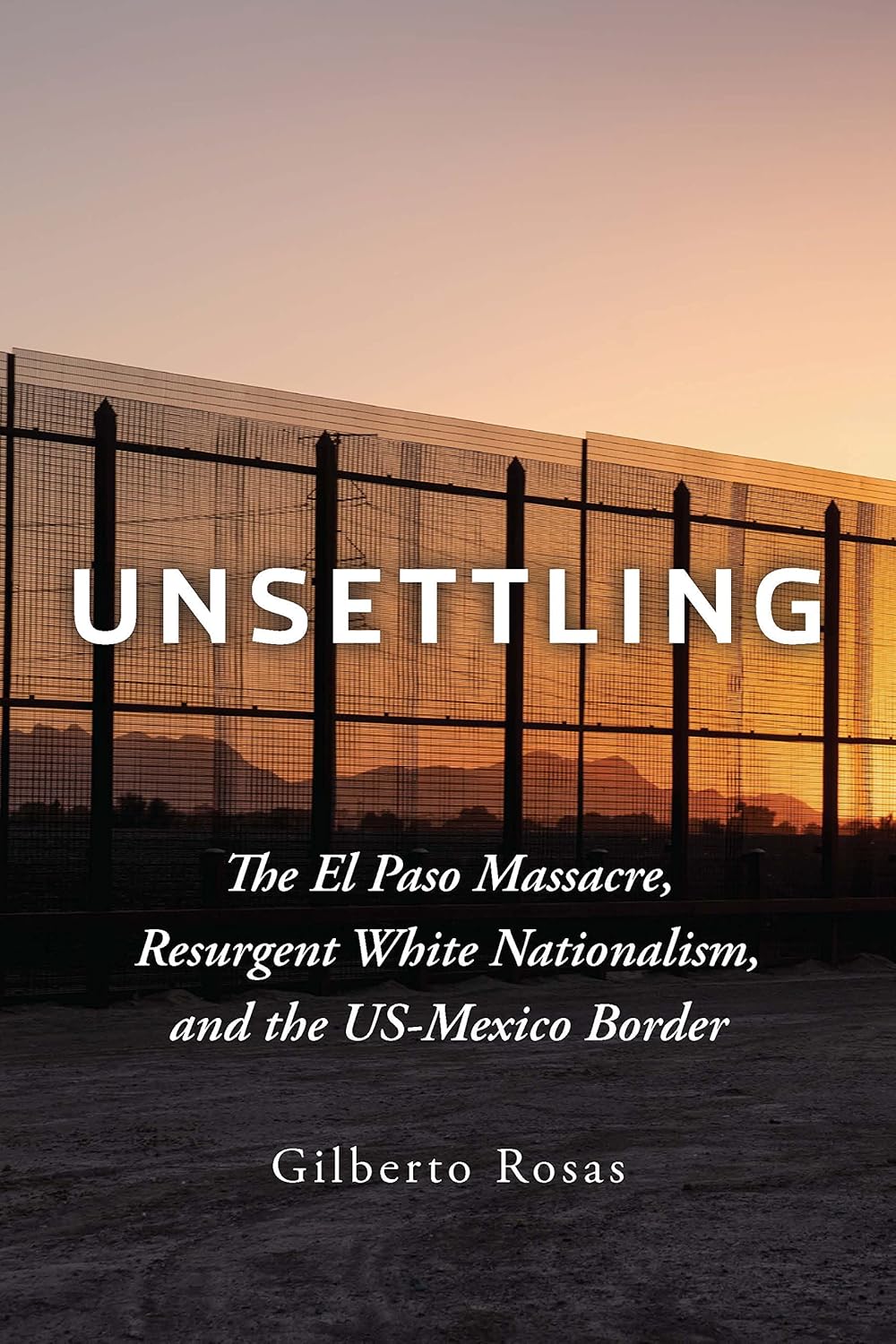 2018 Honorable Mention
2018 Honorable Mention
The Art of Life and Death
Radical Aesthetics and Ethnographic Practice
by Andrew Irving
Prize Committee: Roberto Gonzalez (San Jose State U, chair), Jacqueline Solway (Trent U), Anne Allison (Duke U), and Tania Murray Li (University of Toronto).
In this highly original work, based upon decades of research with HIV-positive individuals, especially artists, in New York City, Irving attempts to gain access and insight into his subjects’ existential struggles as they face lives of deep insecurity and suffering in which they confront debilitation and possible death. He hopes to understand his subjects’ inner experiences, and subjectivity—their interiority. Irving acknowledges the ultimate impossibility of his task, what he terms ‘the limits of alterity’, and the inability ‘to look inside someone’s head’, but cultivates practices to try. Irving crafts and pursues innovative and imaginative methods to get as close to his subjects’ inner lives as possible. He dubs his methods ‘collaborative ethnography’ in which he and his subjects mutually analyze and ‘feel’ their lives, conditions and worlds. Through collaborative ethnographic methods, Irving argues that his subjects maintain greater control over the data, which provides a check upon anthropological claims. It also democratizes the ethnographic endeavor, diminishing, but not eliminating, the authoritative distance and distinction between researcher and subject. The interior may remain ultimately elusive to our senses but Irving takes us possibly as close into the complex sensory, emotional and cognitive lives of his subjects as we may have gone so far. He works with tremendous empathy and sensitivity to the precarious lives and works of his subjects. The book is beautifully written and constructed, ambitious in its merging of theory and methodology, and speaks to a wide audience within and outside the academy.



